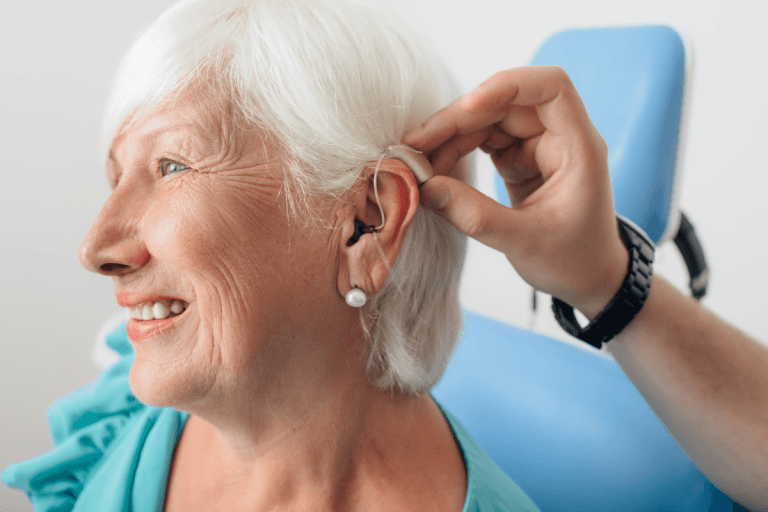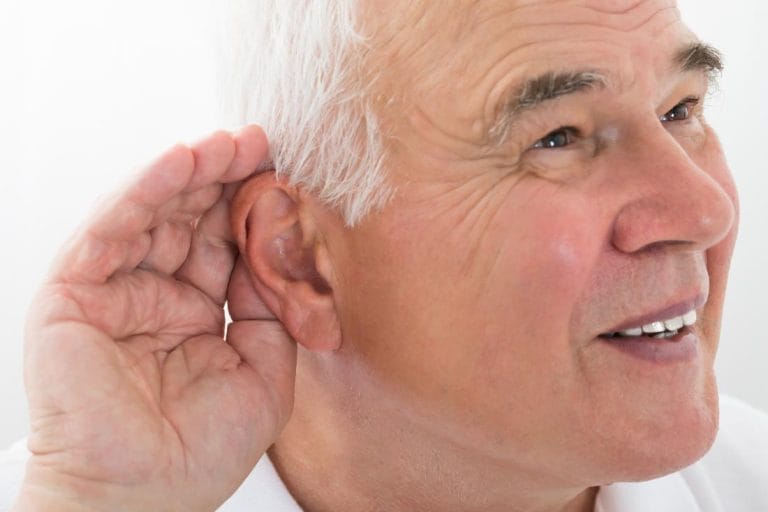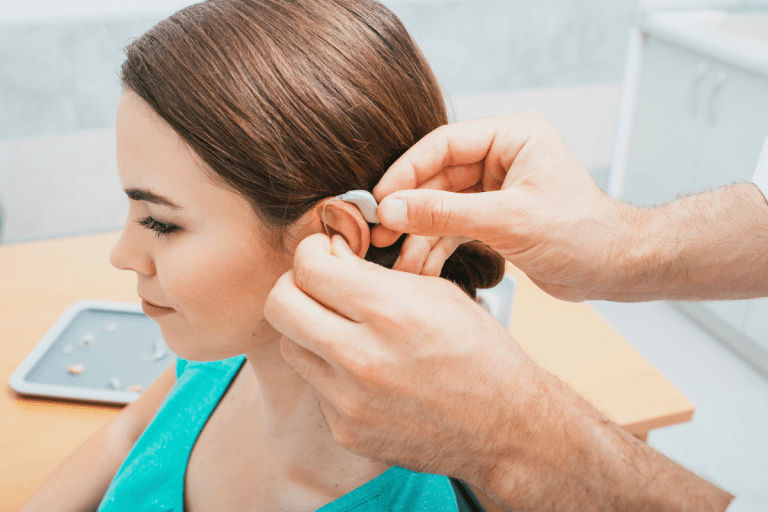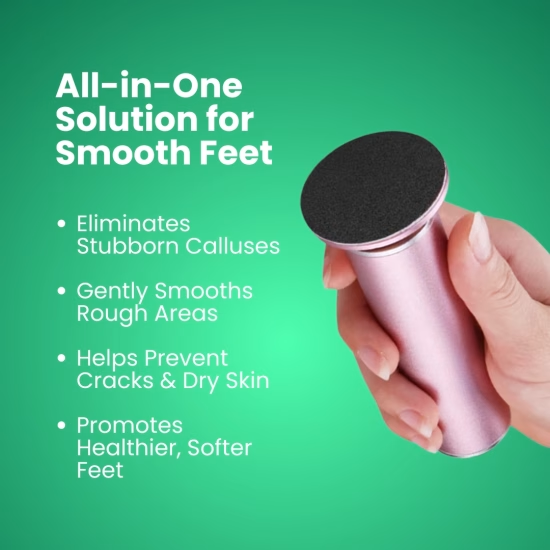Variability in Sound Perception: Do You Need Hearing Aids?
Have you ever noticed that certain sounds seem muffled or distant, while others come through perfectly clear? Or perhaps you’ve found it challenging to follow conversations in noisy environments, even though you don’t have a complete loss of hearing. Variability in sound perception is a common experience, and it often raises the question: Do you need hearing aids? The answer isn’t always straightforward, but understanding the causes of sound perception issues and when it might be time to seek help can guide you to a better understanding of your hearing health.
- Not All Hearing Loss Is the Same
- How Sound Perception Can Vary
- Signs You Might Need Hearing Aids
- Can Hearing Aids Help with Variability in Sound Perception?
- Hearing Tests: What to Expect
- The Role of Lifestyle and Environment
- Consulting a Professional
- Not All Hearing Loss Is the Same
Hearing loss doesn’t always look the same for everyone. It can be gradual or sudden, and it can affect certain frequencies or types of sound more than others. Some people may experience difficulty hearing high-pitched sounds, while others may struggle with low frequencies. This means that sound perception can vary significantly from person to person, and what seems like a minor hearing issue could actually be a sign of underlying hearing loss. - How Sound Perception Can Vary
The way we perceive sound can be influenced by many factors. For example, background noise, physical health, and even emotional state can make sounds seem either louder or softer. People with hearing loss may notice that some sounds, like speech, are harder to understand, while others, like music, may come through more clearly. This can make it challenging to determine if hearing loss is the cause or if it’s simply an issue of environmental factors. - Signs You Might Need Hearing Aids
If you’ve noticed difficulty hearing or understanding speech, especially in noisy places, it might be time to consider hearing aids. Some common signs include:
- Frequently asking people to repeat themselves.
- Trouble hearing on the phone or in group settings.
- Avoiding social gatherings because you struggle to follow conversations.
- Hearing sounds, but not being able to clearly make out words.
If you’ve experienced any of these signs, it could be time to consult with a professional about hearing aids.
- Can Hearing Aids Help with Variability in Sound Perception?
Yes, hearing aids can help balance sound perception, especially if your hearing loss affects certain frequencies. Hearing aids amplify sounds that you have difficulty hearing, making it easier to follow conversations and hear important details. Many modern hearing aids are designed with advanced features like noise reduction, speech enhancement, and frequency-specific adjustments, so they can help you hear more clearly in various environments. - Hearing Tests: What to Expect
To determine whether you need hearing aids, an audiologist will conduct a hearing test. This typically involves listening to a series of tones at different pitches and volumes to evaluate your hearing sensitivity. The results can help pinpoint any areas where you may be struggling and guide decisions about the type of hearing aid that might best suit your needs. - The Role of Lifestyle and Environment
Your lifestyle and environment can also play a role in how sound is perceived. For instance, if you work in a noisy environment or frequently attend loud social events, the wear and tear on your hearing could lead to gradual hearing loss. On the other hand, if you spend a lot of time in quiet settings, your hearing may seem fine in those situations, but you may still struggle with certain sounds in more dynamic environments. - Consulting a Professional
If you’re noticing variability in how you hear things, it’s best to consult a hearing healthcare professional. They can provide a comprehensive evaluation and help determine whether hearing aids are necessary. They may also suggest other treatments or hearing devices if needed. It’s important to remember that early intervention can improve your hearing experience and prevent further hearing loss.
In Summary:
Sound perception can vary greatly from person to person, and fluctuations in how we hear certain sounds may indicate hearing loss. If you’ve been experiencing difficulty understanding speech, especially in noisy environments, hearing aids may be an effective solution. It’s essential to get a hearing test and consult with a professional to understand your specific needs and make the right decision for your hearing health.
Disclaimer: This article is meant to provide general information about variability in sound perception and the potential need for hearing aids. For personalized advice and diagnosis, please consult an audiologist or hearing healthcare professional.
References:
- American Speech-Language-Hearing Association (ASHA). “What Causes Hearing Loss?”
- National Institute on Deafness and Other Communication Disorders (NIDCD). “Age-Related Hearing Loss.”
- Mayo Clinic. “Hearing Loss: Symptoms & Causes.”











